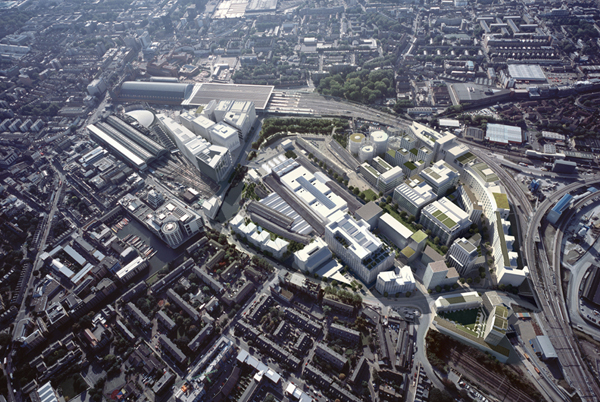LECTURES
DESIGN STUDIO
MASTER THESIS
SEMINAR WEEK
ELECTIVE THESES
ELECTIVE COURSES
EXAMS
EXTERNAL LECTURES/COURSES
SUMMER SCHOOL
NSL DOCTORAL COLLOQUIUM
DESIGN STUDIO
MASTER THESIS
SEMINAR WEEK
ELECTIVE THESES
ELECTIVE COURSES
EXAMS
EXTERNAL LECTURES/COURSES
SUMMER SCHOOL
NSL DOCTORAL COLLOQUIUM
CASE STUDIES IN URBAN DESIGN: ELECTIVE COURSE FS18
CASE STUDIES IN URBAN DESIGN: ELECTIVE COURSE HS17
CASE STUDIES IN URBAN DESIGN: ELECTIVE COURSE FS17
CASE STUDIES IN URBAN DESIGN: ELECTIVE COURSE HS16
ELECTIVE COURSE FS16 SEMINAR
ELECTIVE COURSE HS15 OFFICE PARKS
ELECTIVE COURSE FS15 WHO BUILDS THE CITY?
ELECTIVE COURSE HS14 GRANDS PROJETS
ELECTIVE COURSE FS14 SMALL ENTERPRISES AS DRIVERS FOR DISTRICT DEVELOPMENT
ELECTIVE COURSE FS13 PLANNING INSTRUMENTS IN ZURICH
ELECTIVE COURSE FS12 AIRPORTS AND CITIES: ZURICH
ELECTIVE COURSE HS12 AGRICULTURE IN TRANSITION
CASE STUDIES IN URBAN DESIGN: ELECTIVE COURSE HS17
CASE STUDIES IN URBAN DESIGN: ELECTIVE COURSE FS17
CASE STUDIES IN URBAN DESIGN: ELECTIVE COURSE HS16
ELECTIVE COURSE FS16 SEMINAR
ELECTIVE COURSE HS15 OFFICE PARKS
ELECTIVE COURSE FS15 WHO BUILDS THE CITY?
ELECTIVE COURSE HS14 GRANDS PROJETS
ELECTIVE COURSE FS14 SMALL ENTERPRISES AS DRIVERS FOR DISTRICT DEVELOPMENT
ELECTIVE COURSE FS13 PLANNING INSTRUMENTS IN ZURICH
ELECTIVE COURSE FS12 AIRPORTS AND CITIES: ZURICH
ELECTIVE COURSE HS12 AGRICULTURE IN TRANSITION
